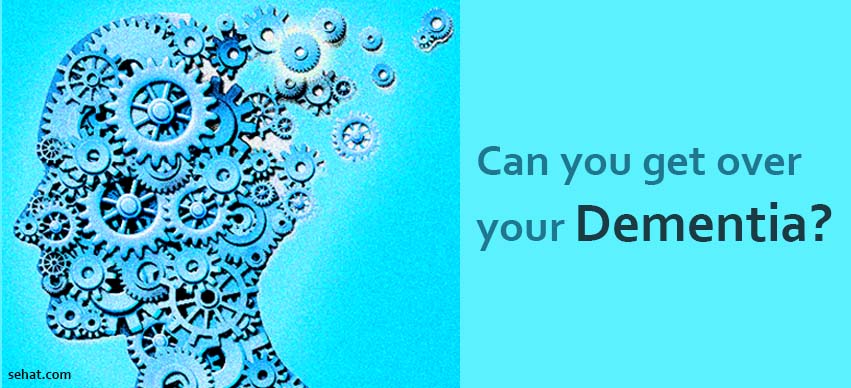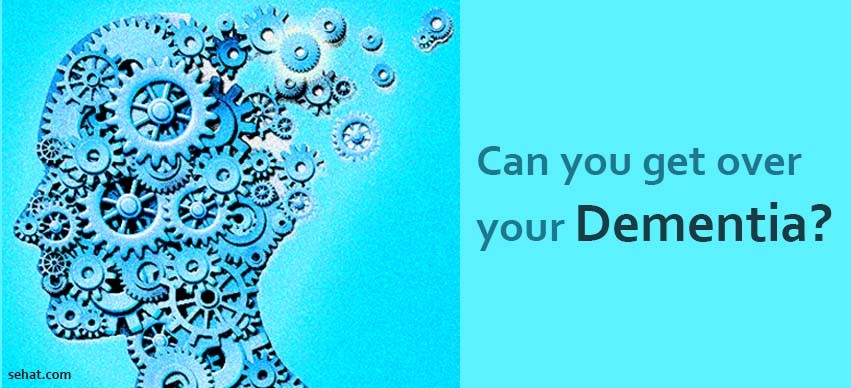Nanoparticle Therapy – An Emerging Cancer Treatment
5 Min Read


One of the ailments of old age that is quite disturbing for the affected person and the family is dementia. But, what is dementia that we keep hearing about and why is it so disturbing?
We can describe Dementia as an ailment with loss of mental skills that affects your daily life and can cause problems with your memory, thinking, and planning. Dementia could be normally described as a collection of symptoms including memory loss, personality change, and weakened intellectual functions as a result of the disease or due to the trauma to the brain. As these changes are not a part of the normal ageing process, they are severe enough to impact the patient's daily lifestyle. Symptoms may involve changes in personality, mood, and behavior.
Dementia is the loss of mental functions, such as thinking, memory, and reasoning, that is severe enough to interfere with a person's daily life. Dementia is not a disease or ailment itself, but a collection of symptoms that may accompany the disease.
Symptoms of dementia differ from person to person depending on the cause, and the area of the brain affected.
These are some of the most common symptoms of dementia:
Dementia is caused by damage to, or changes in the brain. Alzheimer's disease is the most common cause of dementia followed by Stroke, which is the second most common cause. Dementia develops when the parts of the brain that are involved with learning, memory, decision-making, and language are affected by injury or disease. The most common cause of dementia is Alzheimer's disease, which is considered responsible for at least half of all cases of dementia.
Some of the other causes of dementia are:
How quickly dementia progresses depends on the cause and the area of the brain that is affected. Some types of dementia progress very slowly over several years while other types may progress more rapidly. The course of dementia varies from one person to another. While an early diagnosis and treatment may help for a while, even without these medicines, some people remain stable for a long time, while others decline rapidly.
Diagnosis of dementia is a bit tricky as a number of tests have to be coducted for dementia. The doctor will conduct a number of tests to come to a firm diagnosis. The doctor will do a physical examination and ask the patients questions about personal medical history, past illnesses, and other events in life that would have had a bearing on the illness. The doctor would also like to talk to close family members to corroborate details. The patient would also be asked to do some simple things to test his memory and mental skills.
The doctor may ask for the following tests to confirm the prognosis:
Single photon emission CT (SPECT) and PET scan can identify several forms of dementia, including vascular dementia and frontotemporal dementia.
Dementia can be broadly divided into two types, based on the area of the brain affected:
In cortical dementia, the cerebral cortex of the brain is affected. Alzheimer's and Creutzfeldt-Jakob disease are two forms of cortical dementia.
In subcortical dementias, the parts of the brain beneath the cortex are affected. Parkinson's disease, Huntington's disease, and AIDS dementia complex are examples of this type of dementia.
There is another type of dementia called Inherited dementia, where the disorder runs in the family.
Most types of dementia cannot be cured, but doctors can help you to manage your symptoms. Treatment of dementia symptoms may help slow down or minimize the development of further symptoms. Medicines are available for dementia - they cannot cure it, but they can slow it down and make life easier to live.
While there is no cure for dementia, changes should be brought about in the patient's lifestyle to cope with the disease. Encourage the patient to develop a daily routine. Encourage independence and see that the patient achieves any given task with minimum assistance. Music helps to soothe the patient and creates a pleasant atmosphere. Since the patient has problem of memory loss, be sure to secure the doors to exits. Ensure that the patient wears some identification tag which can help someone to lead the person back home in case he or she is lost.